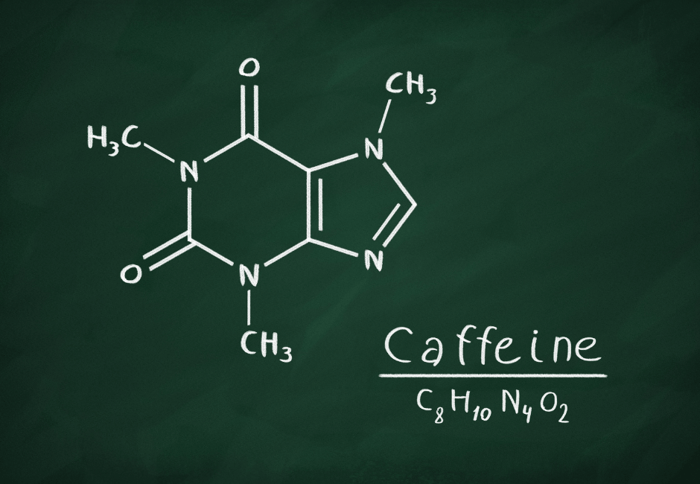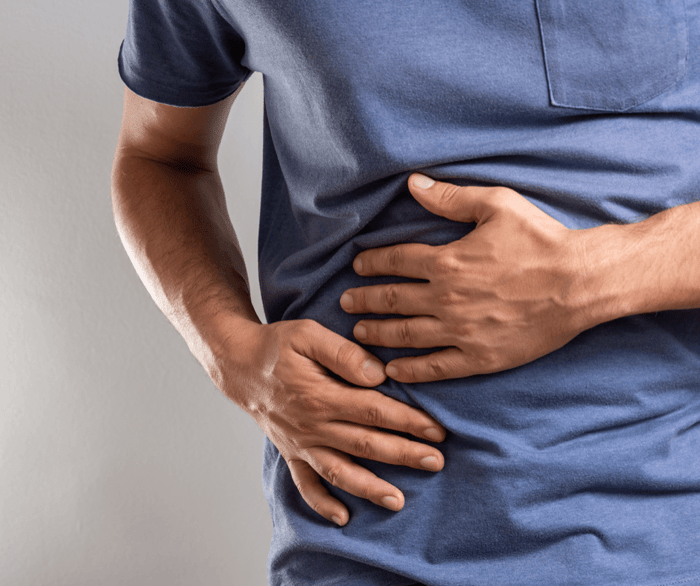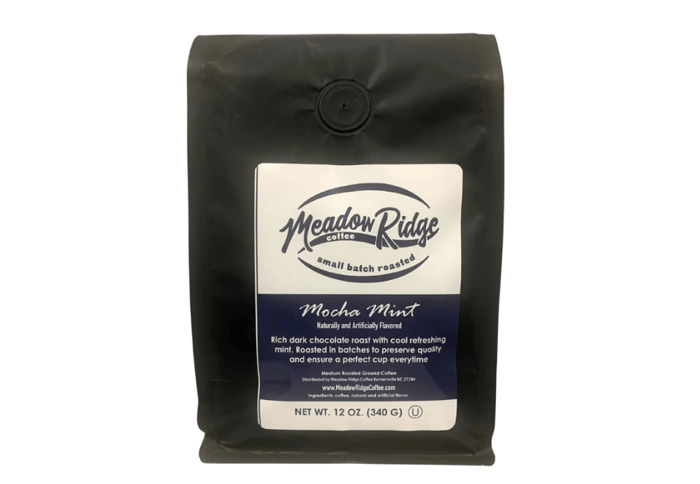Coffee is a well-liked beverage recognized for boosting energy and sharpening attention. To start their day well, many individuals rely on their daily cup of coffee when awake. Being connected with a large variety of possible health advantages and stimulating effects, it has served as the justification for start consuming more and more coffee.
Coffee is packed with compounds that might protect against diseases like Alzheimer's and heart disease, which are more prevalent among women.
When thinking of coffee, the word "caffeine" immediately comes to mind. However, coffee also has many potent compounds and antioxidants that may offer disease protection and lessen internal inflammation.
Caffeine
Caffeine is a chemical created by nature that is found in the leaves and seeds of several plants. It activates the central nervous system, increases heart rate and blood pressure, and provides a brief energy boost, mood enhancer, and alertness. In a matter of minutes, caffeine starts to work its magic, making the rest of the day much brighter, lighter, and less exhausting. However, caffeine is also highly addictive.
The nervous system and brain become more active when caffeine is consumed. It also encourages the body to produce and release chemicals like cortisol and adrenaline. Caffeine guarantees concentration and alertness in little doses. In excessive doses, it might also result in nervousness and difficulty falling asleep. Similar to many other medications, caffeine tolerance is a serious risk. This suggests that greater caffeine doses are needed to get the same effect.
The Non-Hazardous Limit for Caffeine Intake
Caffeine is used daily by the typical American adult in amounts of 200 mg. This is comparable to four 12-ounce cokes or two five-ounce coffee glasses. However, caffeine has varying effects on individuals based on distinctive characteristics. In the case of caffeine sensitivity, even little doses might make it difficult to fall asleep, induce a fast heartbeat, etc.
Effects Caffeine Has on the Human Body
Caffeine enters the bloodstream through the stomach and small intestine. The brain, spinal cord, and other components of the central nervous system are all stimulated by caffeine after it enters the bloodstream, making one feel more awake. Caffeine promotes attention and concentration while reducing tiredness. After consuming caffeine, it also causes the stomach's acid to release, leading to heartburn or indigestion.
Whether it is either orally or applied topically, caffeine stimulates dopamine transmission in the brain. Dopamine, which acts as a neurotransmitter, is greatly affected and controlled by behavior, motivation, and emotion.
How Long do the Caffeine Effects Last?
Caffeine, after 15 minutes of intake, has an immediate impact on the body. For many people, the spike in blood caffeine levels occurs an hour later and may last for many hours. Even six hours after ingesting half of the caffeine, fifty percent caffeine may still exist in the body. Up to 10 hours may even pass before caffeine completely leaves the bloodstream.
Depending on height, weight, caffeine use history, and degree of dependence on caffeine as a source of energy, the body may absorb caffeine differently than another individual.
Nearly half of the caffeine present in the intake is digested by the body within 5 - 6 hours. Because of caffeine's "half-life," it should not be consumed near bedtime. Generally, stay away from it for around eight hours before going to bed.
However, that is only an average. The level of caffeine sensitivity may be relevant in this situation.
Factors Affecting the Duration Caffeine Stays in the Body
Following are some of the factors that affect how long caffeine stays in the body.
The amount of consumption
About 200 to 300 mg of caffeine is considered moderate daily use. The effects of caffeine will thus vary from person to person and day to day.
The intake of water
Since our bodies may contain up to 70% water, it is clear that water is essential for a hydrated, healthy body. Water helps nourish the brain. It also naturally speeds up the metabolism. Therefore, if enough water is consumed before, during, and after drinking caffeinated coffee, the benefits of the caffeine will be enhanced. No side effects would be experienced. It naturally eliminates caffeine from the system. This helps avoid buildup.
Sensitivity to Caffeine
Caffeine is regarded as a psychoactive substance. This is because, once it enters the body, it causes the release of dopamine in the brain and improves mood. Furthermore, caffeine prevents the brain's production of the sleep-inducing chemical adenosine. Keeping us awake and attentive.
Dependency on Caffeine
Most people attribute caffeine's appeal to its quick and beneficial effects. They keep returning for more because it is an addiction. People who extensively use caffeine may discover that they have developed a tolerance to it and become reliant on it. This is natural because the body becomes accustomed to consuming caffeine daily.
Caffeine Withdrawal
A sudden reduction in caffeine intake might result in withdrawal symptoms, which may include:
- Headaches.
- Tiredness.
- Difficulty in concentrating.
- Nausea.
- Muscle ache.
- Irritability.
The severity of the withdrawal symptoms is often correlated with how much caffeine one is used to taking. Two to nine days after the last caffeine use, withdrawal symptoms might start and linger for 12 to 24 hours and possibly even peak at 20 to 51 hours according to NIH.
Caffeine might be a helpful supplement when an adult needs assistance waking up and focusing. But if it is not utilized carefully, it can potentially lead to severe issues. Hence, consuming too much caffeine should be avoided to avoid dependency, sleeplessness, and headaches.
Is Caffeine Helpful?
Except for those who have drunk a lot of it or are extremely sensitive to the medication, caffeine's effects usually only endure for a few hours. Even after its overt effects have subsided. Caffeine stays in the body and may interfere with sleep cycles. While it is widely accepted that drinking caffeine while breastfeeding is healthy, it would be best to stop 1-2 hours before a meal. Anyone who frequently struggles to fall asleep or wake up should speak with a doctor about underlying sleep issues.
Just keep in mind that caffeine comes with possible side effects as listed by Healthline. Make sure to cut back on your consumption if you experience any of the symptoms listed in their article.
Want More Coffee Content?
- Daily Coffee Grind - Click Here
- Coffee Reviews - Click Here
- Coffee Brewing Guides - Click Here
- Coffee Brewer Reviews - Click Here
- All Things Tea - Click Here









